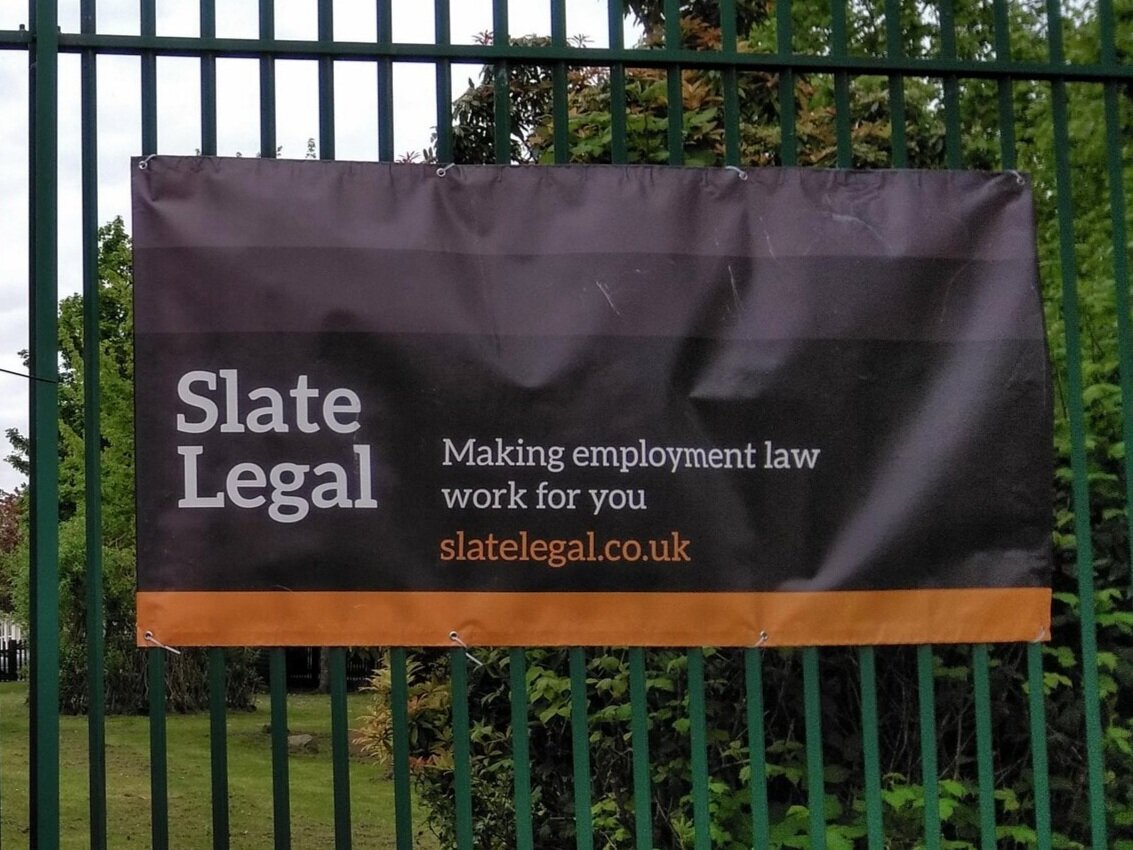What an unusual and difficult year 2020 has been for everyone. We’ve reached the end of our 5th year in business and we’re hopeful that 2021 will be much better for our friends, family and our valued clients as the vaccination programme gets into full swing.
We’ve been busy, as usual, supporting businesses and individuals as they navigate their way through UK employment law but with the added complication of the Covid-19 pandemic. Despite all the challenges, we’ve maintained our excellent independent rankings in the UK’s leading legal directory, the UK Legal 500, our top ranking as ‘ThreeBestRated’ for employment law in Newport and we continue to consistently rank in the top 3 in Google Voice Searches for the top employment lawyers in Newport.
Since our launch, we’ve made employment law work for 326 clients across England and Wales as well as one in France (whom we enjoyed advising in French) and one in the British Virgin Islands.
2,573 followers on Twitter
We continue to put our clients at the heart of everything we do. We love to get great feedback and have been delighted with the kindness we’ve received from so many.
193 followers on Facebook
We’ve successfully represented clients in a large number of Employment Tribunal claims and have advised across a wide range of matters including:
Employer clients:
advising employers on protective measures against executives in breach of restrictive covenants;
defending multiple employers from claims of unfair/constructive/wrongful dismissal, discrimination, health & safety/whistleblowing detriment and breach of contract;
drafting and negotiating employment contracts;
advising a political party on employment issues relating to one of their candidates;
advising employers on issues arising from their refusal of flexible working requests;
conducting grievance investigations into bullying/sexual harassement on behalf of law firms;
drafting appropriate HR policies and procedures for multiple businesses;
advising on complex whistleblowing matters;
advising on the employment aspects of mergers, acquisitions, outsourcings, relocations and restructurings.
Employee clients:
advising on multiple settlement agreements, from quick advice on their terms and effect to drafting substantive amendments and negotiating improved terms (our highest value settlement - for a company director - was for £1.5 million);
defending executives facing High Court injunctions for alleged breach of restrictive covenants; negotiated substantial settlement packages;
advising lawyers subjected to sexual orientation discrimination from managers at several London law firms;
advising departing employees on avoiding and getting around various restrictive covenants;
advising multiple employees facing disciplinary and grievance hearings;
advising whistleblowers from 2 plc’s, negotiating severance packages;
advising multiple employees in redundancy situations, negotiating improvements to their severance packages;
presenting ET1/Claims and managing claims on behalf of multiple employees for unfair and wrongful dismissal (mainly sham/unfair redundancies, trumped up misconduct/underperformance allegations);
defending employees falsely accused of sexual harassment, negotiating severance packages;
advising an employee on defending his employer’s attempted clawback of 3 year retention plan;
advising an employee facing a clawback of salary overpayments by his employer.
Slate Consult
Our specialist consultancy, Slate Consult, continues to provide employers with cost-effective access to expert employment law advice as well as HR, Health, Safety & Environmental services to ensure they are legally compliant.
Wellbeing
At Slate Legal, wellbeing is synonymous with windsurfing! Unfortunately, our weekly windsurf sessions were thwarted by a combination of lockdowns and reservoir closures this year. Nevertheless we still managed to get a good amount of time on the water and are hoping that Llandegfedd reservoir reopens on schedule on 1 March 2021!
Here’s one of our favourite videos from 2020 taken at one of our windsurfing wellbeing sessions on 19 September 2020 when our Managing Partner was honoured to be joined by local windsurfing guru and Intensive Care consultant, James Williams, one of the stars of the award-winning BBC1 documentary ‘Critical’:
Community investment
Each year we’ve tried to give something back to our local community through a variety of initiatives.
For the fifth year running, we took part in national pro bono week and spent the morning of 6 November answering queries from employees and micro businesses across Wales and England on a pro bono basis.
At the start of the year we sponsored our local under 9s rugby team ‘Newport High School Old Boys RFC’ and really liked their smart blue jackets. Unfortunately they didn’t get much wear out of them as the season was promptly curtailed by the Covid19 lockdown! Here’s hoping 2021 will be a different story!
We have provided financial support to our Charity of the Year 2020, Sparkle - based at Serennu Children’s Centre in Rogerstone, Newport, which does a fantastic job helping lots of local children and young people with a disability or developmental difficulty.
We continue to assist in fundraising for High Cross Primary School and also contributed a bottle of champagne for this year’s Christmas raffle.
Environment
Since our launch on 1 January 2016, we have tried our best to minimise our carbon footprint and have remained an active member of the Legal Sustainability Alliance.
We love what we do and would be happy to talk to you about how we can make employment law work for you in 2021. Call us on 07956 085635, email us at info@slatelegal.co.uk or click here and complete our enquiry form and we'll get back to you asap.





















